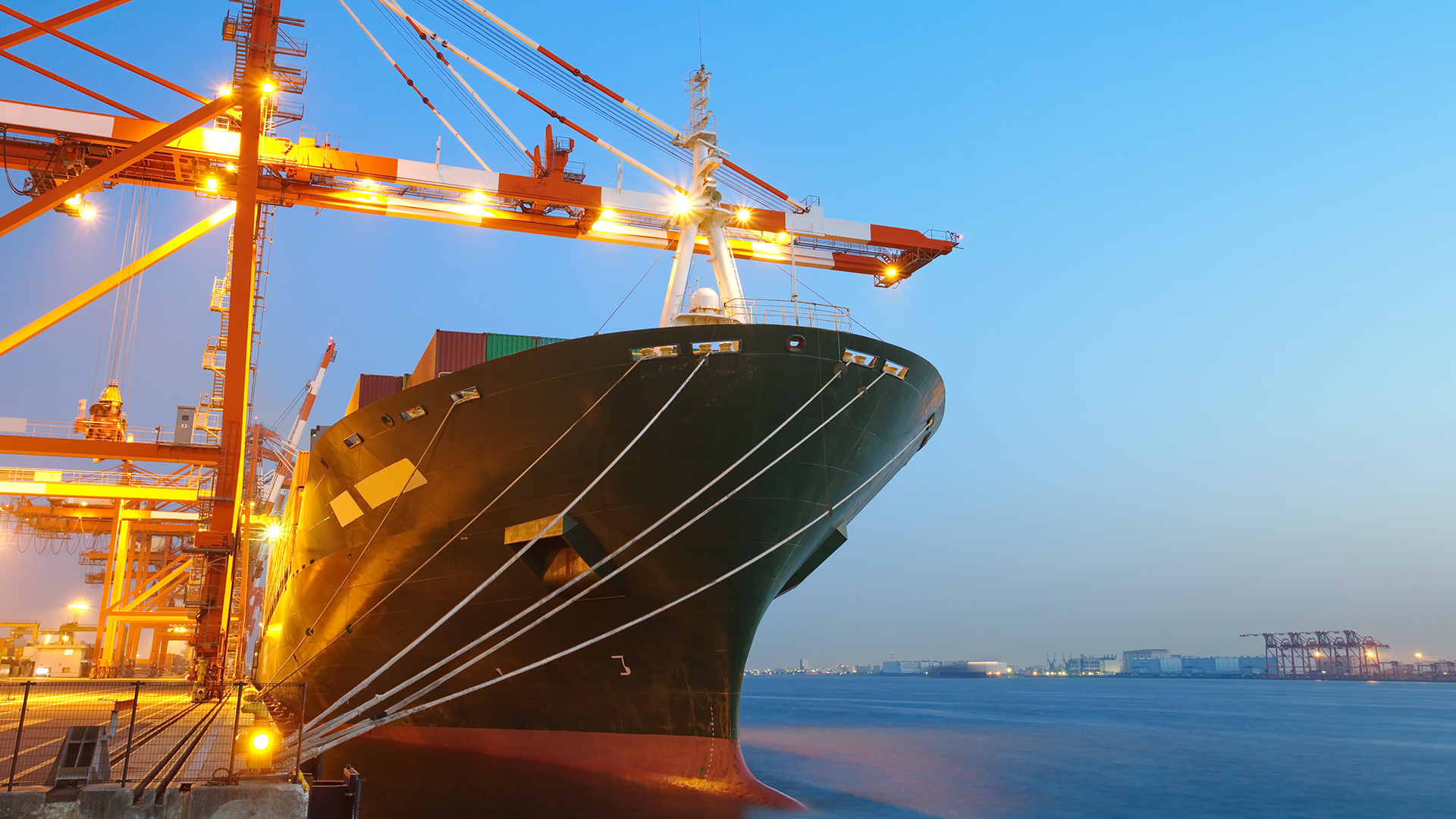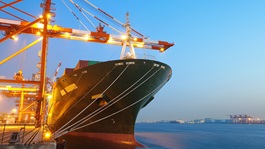What appears to be a simple question is not as straightforward as one would think. One might take the view that it is just a matter of common sense whether something is a ship or not, yet it is difficult to define exhaustively what exactly a ship is, or the extent to which something forms part of a “ship”.
Notwithstanding that this question has been asked time and time again, it is a difficult area with many seemingly conflicting decisions with the Courts occasionally disagreeing with leading texts’ analysis or inferences of past judgments.
Whilst this question may arise in more than one context, in this article we look at two specific areas:
- What is a “ship” for the purposes of invoking admiralty jurisdiction?
- What is a “ship” for the purposes of determining the scope of a ship mortgage?
In the context of invoking admiralty jurisdiction, the meaning of the word “ship” determines whether a claimant has the ability to invoke the powerful remedy of an admiralty arrest of that asset. Under section 2 of the High Court (Admiralty Jurisdiction) Act 1961 of Singapore, a “ship” is defined as including any description of a vessel used in navigation. However, what does it mean for a vessel to be “used in navigation”? In circumstances where a dumb barge is converted for use as a fish farm, can it still be considered a “ship”?
In the context of a ship mortgage, the meaning of the word “ship” determines the scope of security which a financier has over an asset and the property onboard and consequently, the extent to which the financier can enforce its security rights over the sale proceeds following a judicial sale. Under English law, a mortgage of a “ship” includes articles necessary to the navigation of a ship or for the prosecution of the adventure on which the ship is engaged, and extends to articles which were on board at the date of the mortgage and articles brought on board in substitution for them subsequently to the mortgage. Whilst it may be clear that sails and anchors are in the nature of articles necessary to the navigation of a ship, and whilst it may also be clear that fishing nets on board a fishing vessel are necessary for the prosecution of the adventure of such vessel, the answer is inevitably less clear in respect of certain articles in large modern vessels. How, then, should the analysis be undertaken to consider whether an article is necessary for the prosecution of the vessel’s adventure?
In recent months, these two questions arose before the Singapore High Court, and the Honourable Justice S. Mohan has clarified the issues in his written judgments in Valianz Shipbuilding & Engineering Pte Ltd v Owner of the vessel “ECO SPARK” [2023] SGHC 353 (“The “ECO SPARK””) and The “WORLD DREAM” [2024] SGHC 56.
In The “ECO SPARK”, Justice Mohan considered that the applicable test for whether a vessel is “used in navigation” depended on the vessel’s design and capability of being used for navigation, and not her actual current use: is the vessel navigable and built to withstand the perils of the sea? He also clarified that the inquiry as to what is a “ship” is necessarily multi-factorial, although he observed that the classification or certification of a vessel as a “ship” was an important indication.
In The “WORLD DREAM”, Justice Mohan undertook a fact-sensitive inquiry and analysed whether certain articles were included in the term “ship”, and also whether they were included within the terms “appurtenance” and “belongings”. In doing so, he provided guidance as to how the requirements espoused in the old cases ought to be considered in the context of the prosecution of the vessel’s adventure. In The “WORLD DREAM” for instance, her adventure was the entertainment of the passengers onboard.
The Singapore High Court’s clarification of the issue of “what is a ship” in these two contexts brings greater certainty in relation to admiralty actions in Singapore. Indeed, Justice Mohan’s decisions have practical implications for ship arrests generally, especially in relation to the enforcement of ship mortgages in Singapore.
Edgar Chin and Samantha Ch’ng from Ascendant Legal LLC (in alliance with Norton Rose Fulbright) acted for the successful Plaintiff in The “WORLD DREAM”. You may refer to the following hyperlinks: The “ECO SPARK” and the “WORLD DREAM” for a summary of the respective Singapore High Court’s judgments.



